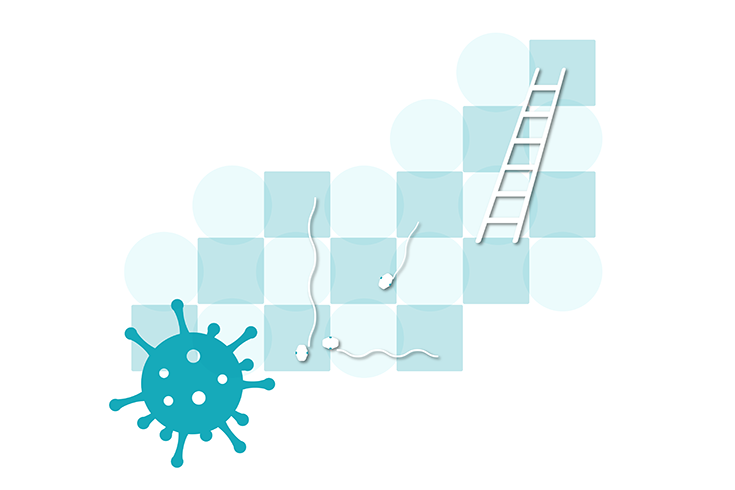Interview with:
Ross O’Brien,
Founder of XRHA
Fellow of the NHS National Innovation Accelerator

Services supporting people with neurodevelopmental conditions have been facing a perfect storm over recent years: rising referrals, longer wait times and increasing need for assessment and support, coupled with under-funding and resourcing.
“The scale of the issue is indisputable,” insists Ross O’Brien, founder of The XR Health Alliance, dedicated to the responsible development, investment and adoption of immersive technologies in healthcare.
“Electronic support resources are not joined up, there are lots of administrative tasks which could simply be automated. Patients are distraught not knowing about the length of waits they will face and not having much or any support during those waits”.
Ross exited the NHS in 2021 as the Director of Innovation and Technology at Central and North West London NHS. He was also the Programme Lead of the London Digital Talking Therapies Programme at Healthy London Partnerships.
“I have ADHD myself and both my kids have been on NHS waitlists for years awaiting ADHD assessments. Working in this area is something of a passion project for me and one I am very keen to impact with the learning from the past 15 years of scaling digital tools in the NHS Talking Therapies Programme.”
Demand for neurodiversity support is at an all time high
Covid seemed to be a huge catalyst for ADHD diagnoses, with ADHD awareness going viral during and after the pandemic.
“I believe the isolation people felt during lockdown, and the reliance to communicate more via social media, meant people with ADHD and Autism were pushed towards a way of communication that exacerbated their symptoms further” says Ross.
As more people reach out for support, the NHS has not been able to meet the demand.
“As NHS wait lists grow rapidly into the months and years range, people are turning more and more to private providers for their diagnoses”.
Ross explains that with evidence in the UK that private clinics have a higher diagnosis rate than the statutory sector, a further rise in numbers looking for treatment and support becomes inevitable.
“I’d like to see a level playing ground for the provision of ADHD assessment and treatment,” he continues. “It pains me to see pockets of the UK where there are no statutory sector services whatsoever supporting people with ADHD. This simply must change!”
“Although the current system is broken, it is not beyond repair”
Opportunities to transform care
“I’ve talked to clinicians up and down the country and the biggest ask seems to be around the flow of patient information along the care pathway,” Ross says.
He argues that one of the ways neurodevelopmental services can be better supported is by coming together to address key challenges like managing waiting lists, streamlining pathways from assessment to diagnosis and ensuring effective data collection.
Ross believes that, although the current system is broken, it is not beyond repair.
“We can learn from the areas that are getting it right and, ultimately, this problem can be tackled by health, care, education and technology suppliers working together”.
The role of technology to improve outcomes
There are some really interesting parallels between neurodiversity support and what we were seeing in primary care mental health services 15 years ago, Ross notes.
There are already a host of digital tools available to Talking Therapies services that can be used alongside care pathways; AI chatbots onboarding patients at the point of referral, waiting list support tools and chatbots between therapeutic interventions.
“I predict we will see a huge uptake of these tools in the coming years”
“In the UK we already have a burgeoning range of organisations offering triage and assessment support, waitlist tools, games and virtual reality experiences which offer tools that are able to reduce ADHD symptoms without prescribed pharmaceuticals”, Ross explains.
“I advise international governments on their digital health strategies and am very passionate about large scale uptake of groundbreaking technologies. I predict we will see a huge uptake of these tools in the coming years. The benefits are two-fold; patients have access to digital tools so they can better support themselves, whilst clinicians experience reductions in their waitlists due to patient choice.”
*Clause: for the purpose of these articles we will be using the term ‘neurodiversity services’ which encompasses services within the NHS, voluntary, private, and public health settings supporting provision of assessment and diagnosis for neurodevelopmental conditions such as autism and ADHD.
If you would would like to contribute to our thought leadership series, please get in touch.
PR contact:
Louisa Clark
hi@mayden.co.uk


